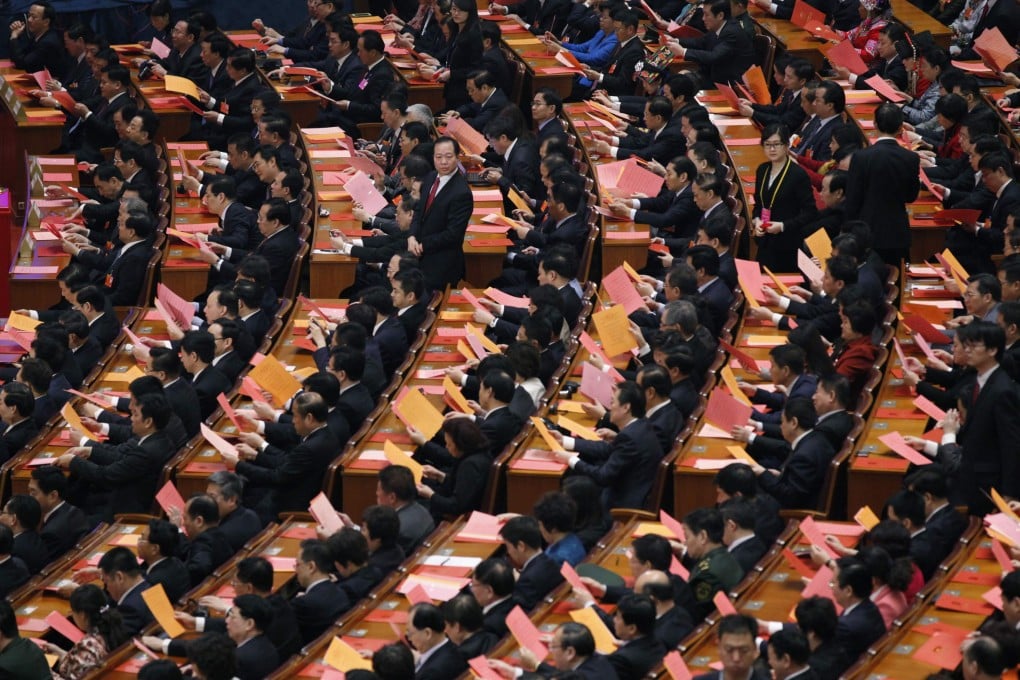Hunan bribery crackdown signals more heads will roll
Dan Hough says vote-buying won't stop, however, if stakes remain high

The recent story of widespread vote-buying by Hunan legislators is certainly eye-catching. The fact that 518 of the 527 members of the Hengyang city people's congress are alleged to have accepted bribes exceeding 110 million yuan (HK$139 million) reveals a culture of corruption that has surprised even hardened China-watchers.
So pervasive does the vote-buying appear to have been that it is not unreasonable to turn this upside down; who are the nine members of the Hengyang congress who didn't take bribes? Perhaps they did but have been better at covering their tracks than most.
Or perhaps they were simply (and in this context amazingly) incorruptible and turned the bribes down - an impressive act of self-control if true.
Vote-buying is not, however, restricted to China or to developing countries more broadly. The manipulation of elections happens in more places than many perhaps realise; Britain, for example, had a vote-rigging scandal in Birmingham in 2005, while there are ongoing concerns about malpractice in the country's system of postal voting.
The relationship between money, power and electoral outcomes in the US also makes many uneasy about the influence rich benefactors can have on politics. Buying votes to influence power is illegal just about everywhere, but it is more widespread than is perhaps thought.
Given that, what can we learn from the Hunan episode? Political scientists would draw two conclusions from it.
Firstly, it is easy to believe that a more open competition for the position of provincial delegates will be a good way to curb vote-buying. It might be. But that is in no way certain. The stakes are high in any electoral competition - whether it is in small-scale local elections, within regional legislatures such as that in Hunan, or national-level competitions in post-colonial states in Africa or elsewhere.
